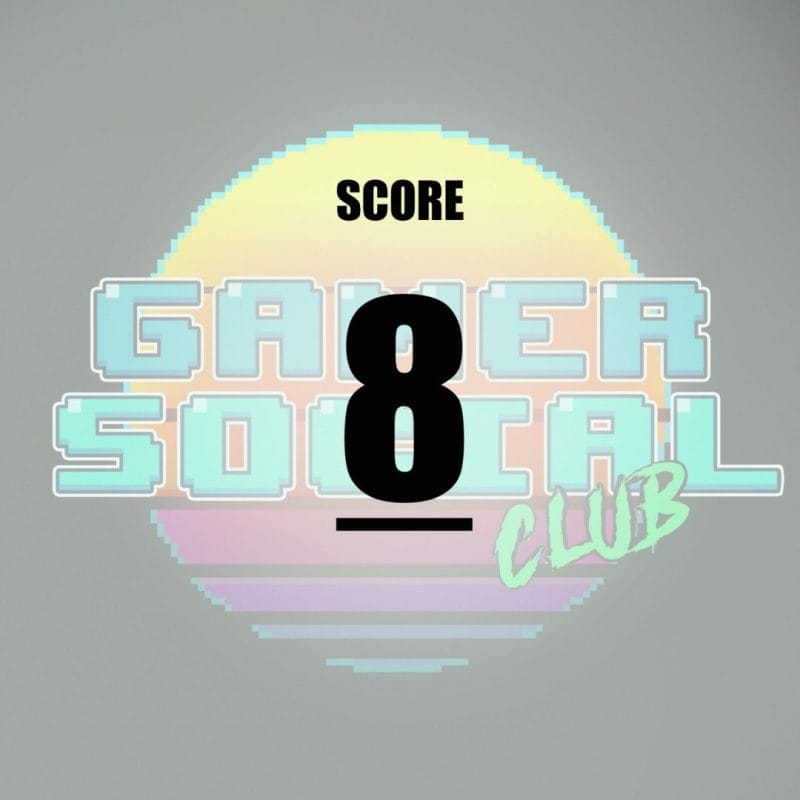Rosewater is a new point-and-click adventure that takes place in a richly crafted Western setting filled with mystery, character-driven storytelling, and intricate puzzles. Developed by Grundislav Games – studio of dev Francisco Gonzalez – this title continues the tradition of detailed pixel-art narratives, bringing a strong sense of atmosphere and immersion. Similar to their previous titles Rosewater presents an engaging experience that should satisfy adventure game enthusiasts.

Artstyle
The art style in Rosewater is one of its strongest aspects, capturing the charm and depth of classic point-and-click adventures while modernizing the approach with refined pixel art. Every environment is painstakingly detailed, evoking the essence of the Old West with sun-soaked plains, rustic towns, and saloons that brim with character.

The colour palette plays a crucial role in establishing the game’s mood, shifting from warm, sun-drenched hues in the daylight to cold, dark blue and grey tones at night. These transitions reinforce the passage of time and heighten immersion, making each scene feel dynamic rather than static. The lighting effects, while subtle, add depth to indoor environments, ensuring that saloons, shops, and homes carry distinct identities that make exploration more rewarding. The layering of foreground and background elements makes finding interactable items reasonably intuitive, often revealing small environmental details that enrich the world without needing exposition.

Character designs are expressive, with fluid animations that help bring personalities to life. Whether it’s the protagonist – Harley Leger -or the people she meets along her journey, the visual storytelling does an excellent job of enhancing immersion and engagement.
Storytelling
The story follows Harley Leger, a journalist moving to the sleepy town of Rosewater for a writing job. What starts as a simple assignment quickly escalates into an epic treasure hunt, thrusting her into the company of a ragtag group of adventurers. The narrative unfolds with well-written dialogue and character interactions, developing a strong sense of camaraderie among the crew. During the second act there’s also scenes that only appear with certain companions if you have a good disposition with them, encouraging more party interaction than you’d traditionally expect from a point-and-click adventure game.

Each character has distinct motivations and backstories, adding layers to the journey. While Rosewater’s plot follows familiar Western tropes, it balances them with moments of intrigue and emotional depth – there’s also the sci fi elements continuing on from Grundislav Games other title Lamplight City. Conversations feel natural, often humorous, and the choices players make influence relationships in meaningful ways. The pacing, however, can occasionally slow down due to extensive exposition, requiring patience from the player to fully appreciate its nuances.
Puzzles and Gameplay
The puzzle design in Rosewater generally adheres to classic adventure game logic, requiring observation, item collection, and problem-solving to progress. The challenges vary in complexity, ranging from straightforward tasks to more intricate sequences that demand critical thinking. Fortunately, the game avoids the frustrating logic gaps that plagued many earlier adventure titles, ensuring that puzzles remain intuitive and rewarding rather than arbitrary.

While some players may find certain puzzles overly familiar, they serve the storytelling well and reinforce the world-building. The inclusion of multiple solutions to certain obstacles and random set pieces that change per playthough adds replay value, allowing players to approach problems creatively rather than following a singular path. However, some puzzles require extensive backtracking, which may become tedious over time.
Final Thoughts
Rosewater’s overall experience is shaped by its engaging narrative, well-designed puzzles, and atmospheric world. Its blend of Western themes and investigative storytelling makes for an intriguing journey. The game may feel slow-paced to those unfamiliar with point-and-click adventures, but for fans of the genre, it delivers a satisfying tale with memorable characters. While minor frustrations in pacing and puzzle repetition exist, they are outweighed by the strengths in writing, art direction, and interactivity.
Ultimately, Rosewater’s art direction is one of its most defining qualities, creating an immersive backdrop for its narrative and gameplay. The combination of vibrant colours, intricate pixel work, and expressive character design brings the Old West to life in a way that is both nostalgic and refreshing. Rosewater stands as a solid addition to the adventure game landscape, offering an immersive and thoughtfully designed experience for those willing to explore its winding trails.

Rosewater was reviewed on PC and is available now on Steam. Gamer Social Club would like to thank Grundislav Games for the code.
The post Rosewater Review appeared first on Gamer Social Club.

















